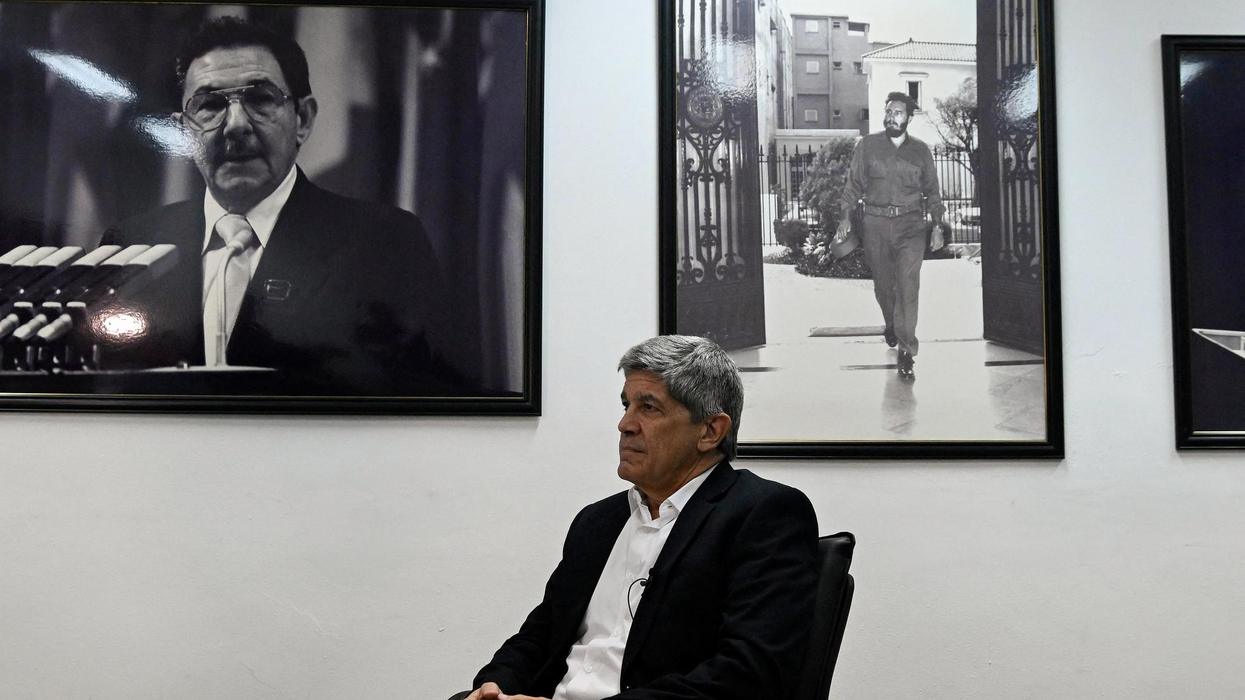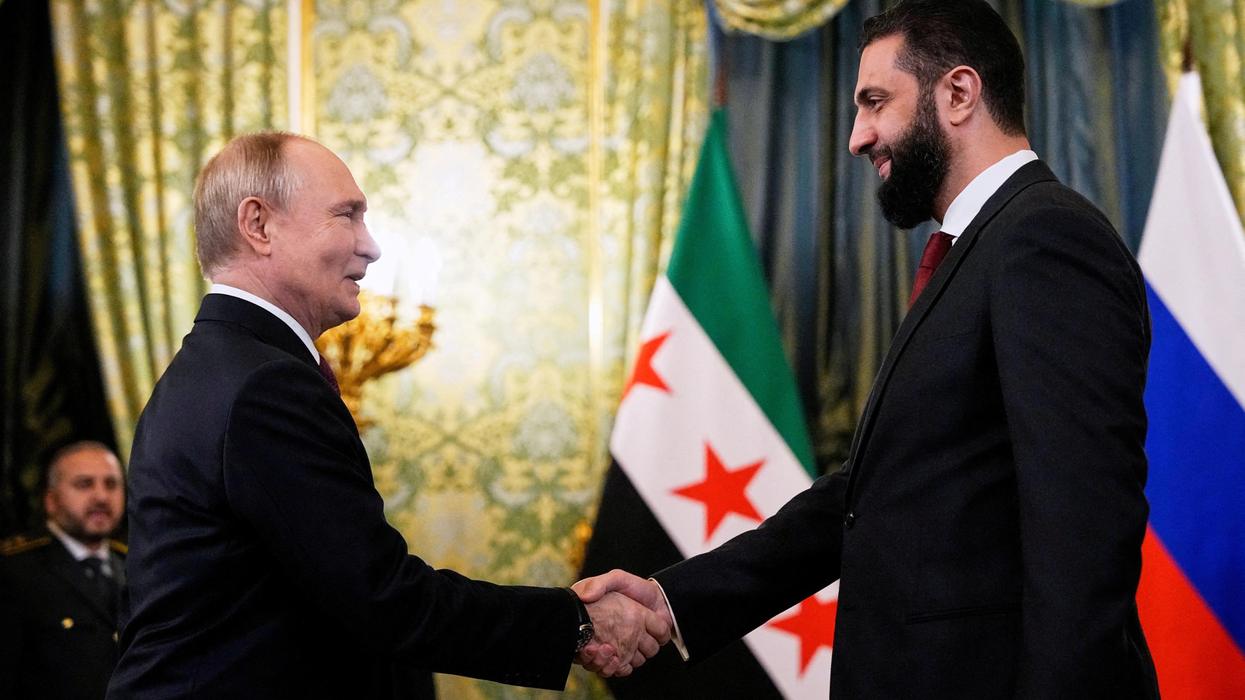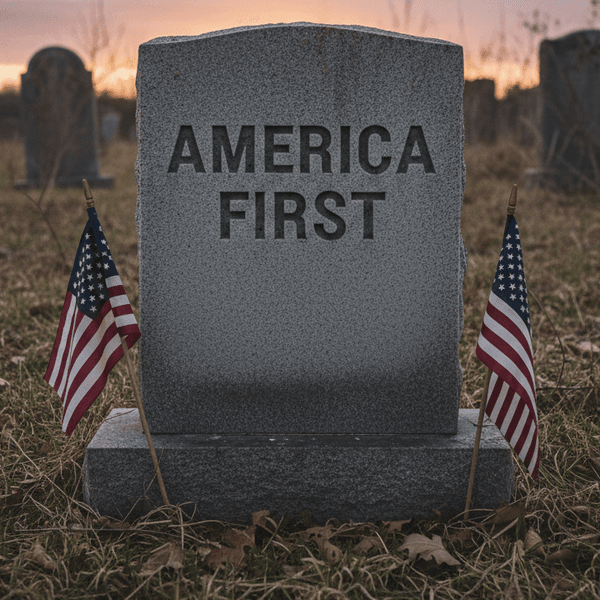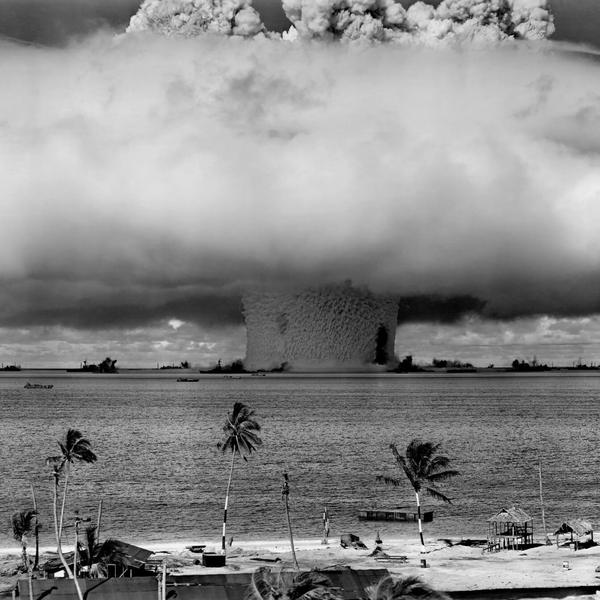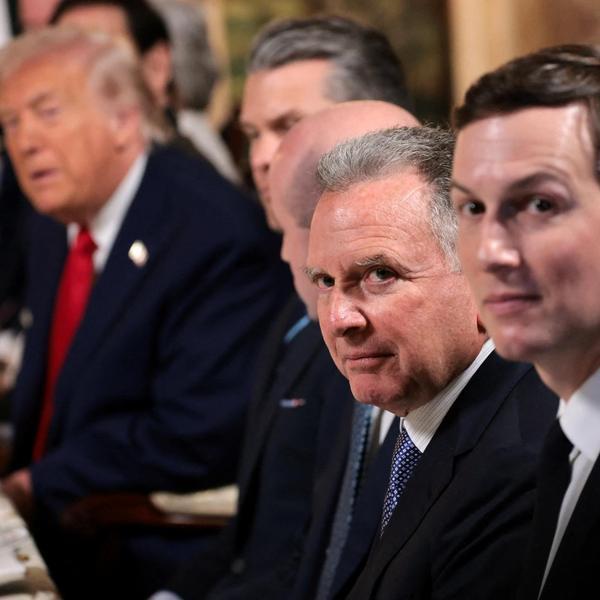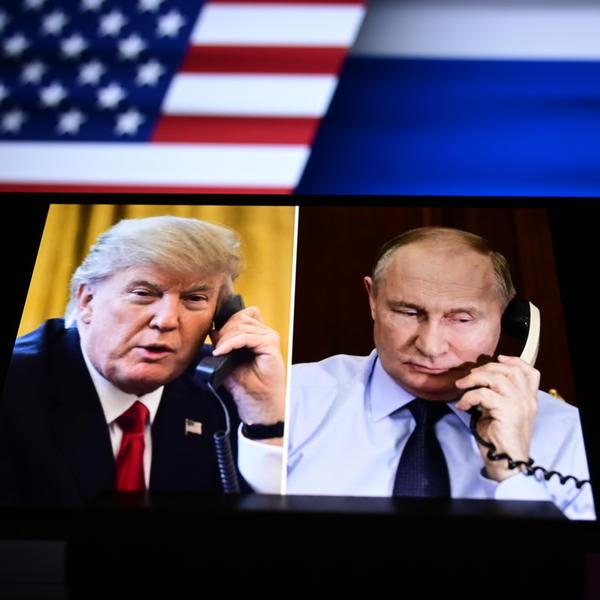There is a growing consensus that — to prevent Iran from spiraling out of control from the coronavirus epidemic and causing untold harm to the Iranian people — the Trump administration must immediately relent in its use of sanctions and allow Iran the ability to combat the epidemic through the purchase of necessary medical supplies overseas and the provision of a robust social safety net for the average Iranian facing economic catastrophe.
On Tuesday, the Trump administration responded to these calls by increasing sanctions on Iran with Secretary of State Mike Pompeo accusing “[t]he Iranian leadership [of] trying to avoid responsibility for their grossly incompetent and deadly governance” and by alleging that “[t]he Wuhan virus is a killer and the Iranian regime is an accomplice.” Perhaps Secretary Pompeo would have some fair ground to stand on if not for the fact that the Trump administration’s own response to the epidemic will prove the most consequential failure of the modern American presidency, leading to the unnecessary deaths of tens, if not hundreds, of thousands of Americans. But Secretary Pompeo — acting consistent with protocol — lacked the shame to recognize his own failings and instead used the Iranian people’s suffering from an unrelenting medical crisis to further propagandize against Iran.
Secretary Pompeo offered a few throwaway lines on the U.S.’s willingness to assist the Iranian people in their time of immense and unmitigated suffering, stating that the Trump administration “continue[s] to offer assistance to Iran in numerous ways” and citing “an open humanitarian channel to facilitate legitimate transactions even while ensuring [the U.S.’s] maximum pressure campaign denies terrorists money.” But these offers of assistance, if real at all, amount to little more than a cruel joke so long as the Trump administration targets all productive sectors of Iran’s economy with sanctions, denies Iran the ability to accrue and repatriate any export revenue, and severs Iran’s access to global markets for sanctionable and non-sanctionable goods alike, including medicine and medical supplies.
Untold numbers of Iranians will succumb to the disease, and some because Iran lacks the medical capacity, including the medical equipment, necessary to provide care for all who acquire the virus. Iran’s medical sector has long been in turmoil, and U.S. sanctions are a chief reason for this. But, as tragic as this will be — and some analysts suggest that the death toll in Iran from coronavirus could reach the millions before all is said and done — the fate of those who survive the disease will be hardly better, as Iran faces absolute economic ruin in the months ahead. While other countries, including the United States, provide for far broader social safety nets and adopt macroeconomic policies to buffer key industries from collapse, Iran will be prevented from doing so due entirely to U.S. sanctions. Iran, which was already in the midst of a massive economic recession, will be presumptively barred from providing a safety net for their people through these catastrophic times.
Some in Washington rejoice at this prospect. For them, what matters is that Iran is kept weak. Watching Iranian society spiral out of control and the country start to tear at the seams is a blessing in their estimation — a sign that “maximum pressure” worked to achieve at least some of its objectives. For this reason, hawks are urging the Trump administration to avoid “bailing out the mullahs,” in their racist-speak, by lifting sanctions or permitting the International Monetary Fund to extend a loan so that Iran can purchase the medical supplies it needs to combat the virus. Iranian suffering, after all, is the necessary byproduct of keeping Iran weak, isolated, and alien to itself and the world.
Such depravity has no limits. Not only is the Trump administration’s policy to Iran wrongheaded and ignorant, it is also fundamentally immoral — and nowhere has this been more clear than in the present crisis. Holding an entire people hostage in the moment of their deepest crisis is what the most thuggish of regimes do the world over. Yet that is the policy Secretary Pompeo advances towards Iran today.



